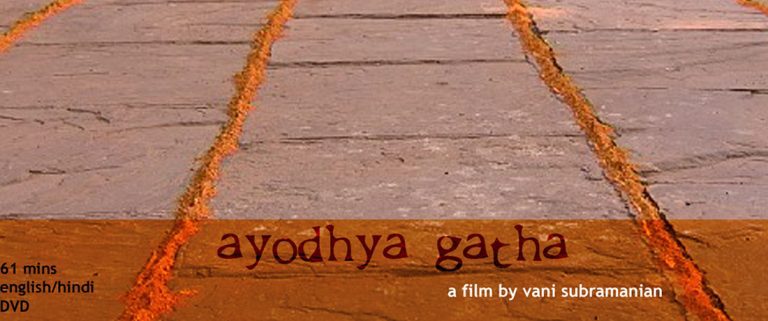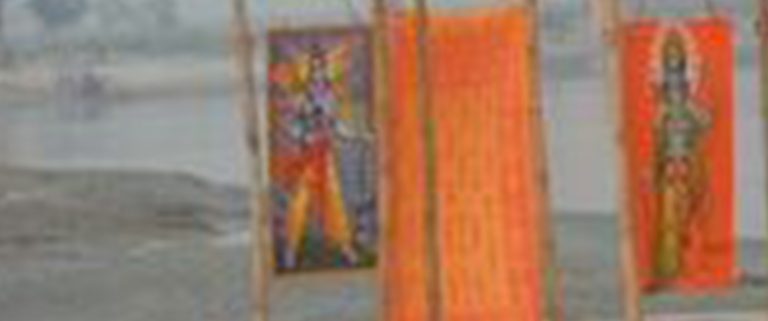


Ayodhya. A site of conflict and contestation, a symbol of communal aspirations and divide. For more than two decades now, events in this small town have determined the fate of the nation. But what have they, in turn, done to life in Ayodhya? Today the streets of the town seem to have lost touch with the feet of her residents. Blocked and barricaded, our only access to them is through memory, the telling of stories, the hearing of tales, and the 'gatha' of her people. Physically and metaphorically traveling together, the narrator and residents talk about what it has meant to grow up on streets crowded with armies of kar sevaks. To feel fervour and fear on your way to work, school or play. To live in lanes echoing with the sounds of communal propaganda. To be part of a grand political dream. To belong, to pay the price, be forgotten… Ayodhya Gatha weaves together a tapestry of perspectives about how the politics of hate affects personal, everyday lives. How do people make peace with such a past? How do they negotiate their way through the labyrinths of hate? How do they see the future? And how do their stories echo with ours? What does Ayodhya mean to all of us... wherever we are.

One-time advertising writer, Vani Subramanian has been a women’s rights activist and documentary filmmaker since the nineties. Her work as a filmmaker explores the connections between everyday practices and larger political questions, be they in the areas of culture, food production, primary education, urban development, communalism, sex selective abortions, or even matters of identity embedded in our food practices. Her films have been screened and received awards, both nationally and internationally. More recently, Vani has extended her practice to video art in performance, as well as a mixed media installation.
